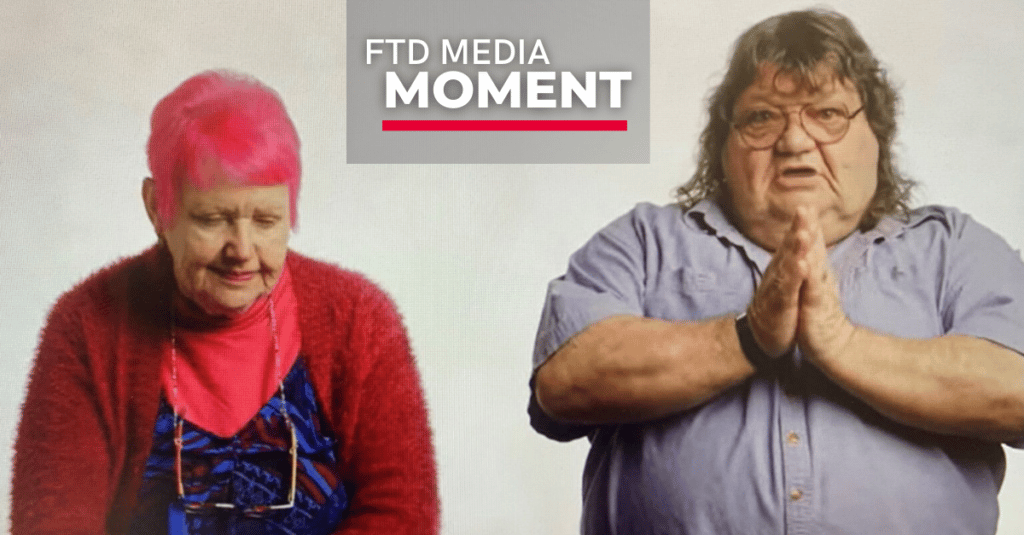Dementia Advocates Emphasize Importance of Early Diagnosis and Awareness

In a recent interview, two dementia advocates in Australia explained that while receiving an early dementia diagnosis is vital, dementia should not be used to define people.
The duo — Gwenda Darling, who has behavioral variant FTD, and Kevyn Morris, diagnosed with a cognitive impairment due to concussions — wants to destigmatize FTD and increase awareness in their communities by sharing their stories across Australia. They both say that an early diagnosis is essential to help set up support lines and treatment procedures for diagnosed individuals.
Darling, diagnosed with bvFTD in 2012, is a member of the Australia Dementia Network Steering Committee and runs dementia-friendly communities in two different towns, with plans to spread to a third.
“Dementia is not contagious; a lot of people don’t know how to relate to people living with dementia and they don’t understand the different dementias,” Darling told the Australian Broadcasting Corporation (ABC). “I still function but I don’t function in the same way, and we need families and communities to know that and support us.”
Darling advocates for greater community awareness as well as acceptance that people diagnosed with a form of FTD might occasionally break social norms. She says that it is essential for people to continue socializing with someone after a diagnosis, saying “You accept, and you smile, and you do not ignore people.”
Darling also suggested ways for communities to be proactive in embracing people with an FTD diagnosis.
“It would be great if shops had specific hours like some do for people with autism, that people living with dementia could go to, shops with lower lights and no overstimulating background noise with staff that understand and are compassionate to behavior changes.”
Meanwhile, Morris told ABC that most people believe in a misconception that people with dementia are incapable of doing many things.
“You get a diagnosis; it doesn’t mean your life is over. It doesn’t make things better, but there are things that we can still do,” Morris said.
If you would like to help raise awareness for people with FTD in your community, AFTD offers a range of opportunities for you to get involved. To read more about the ways in which people living with FTD continue to find purpose and joy after diagnosis, check out July’s We’re Still Here article, written by members of AFTD’s Persons with FTD Advisory Council.
By Category
Our Newsletters
Stay Informed
Sign up now and stay on top of the latest with our newsletter, event alerts, and more…
